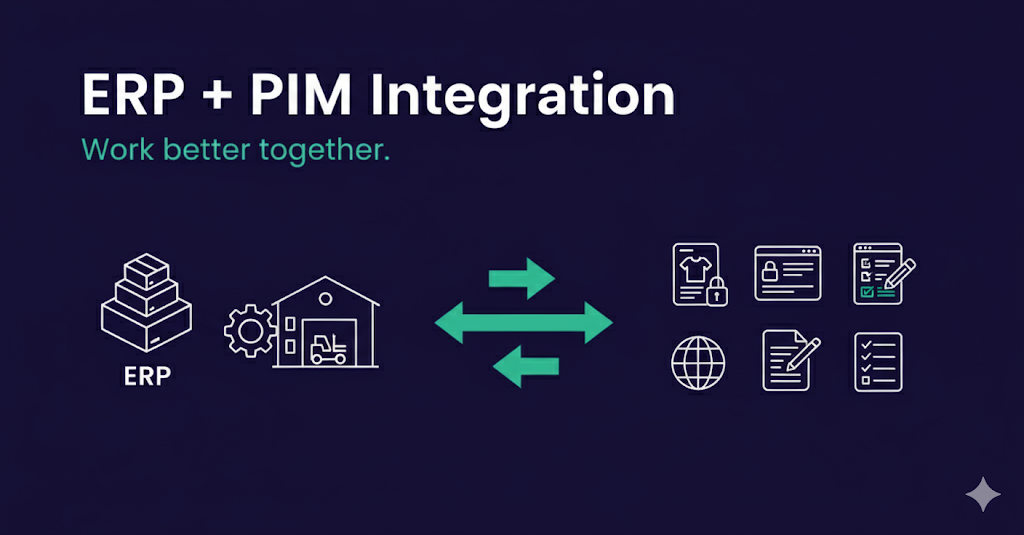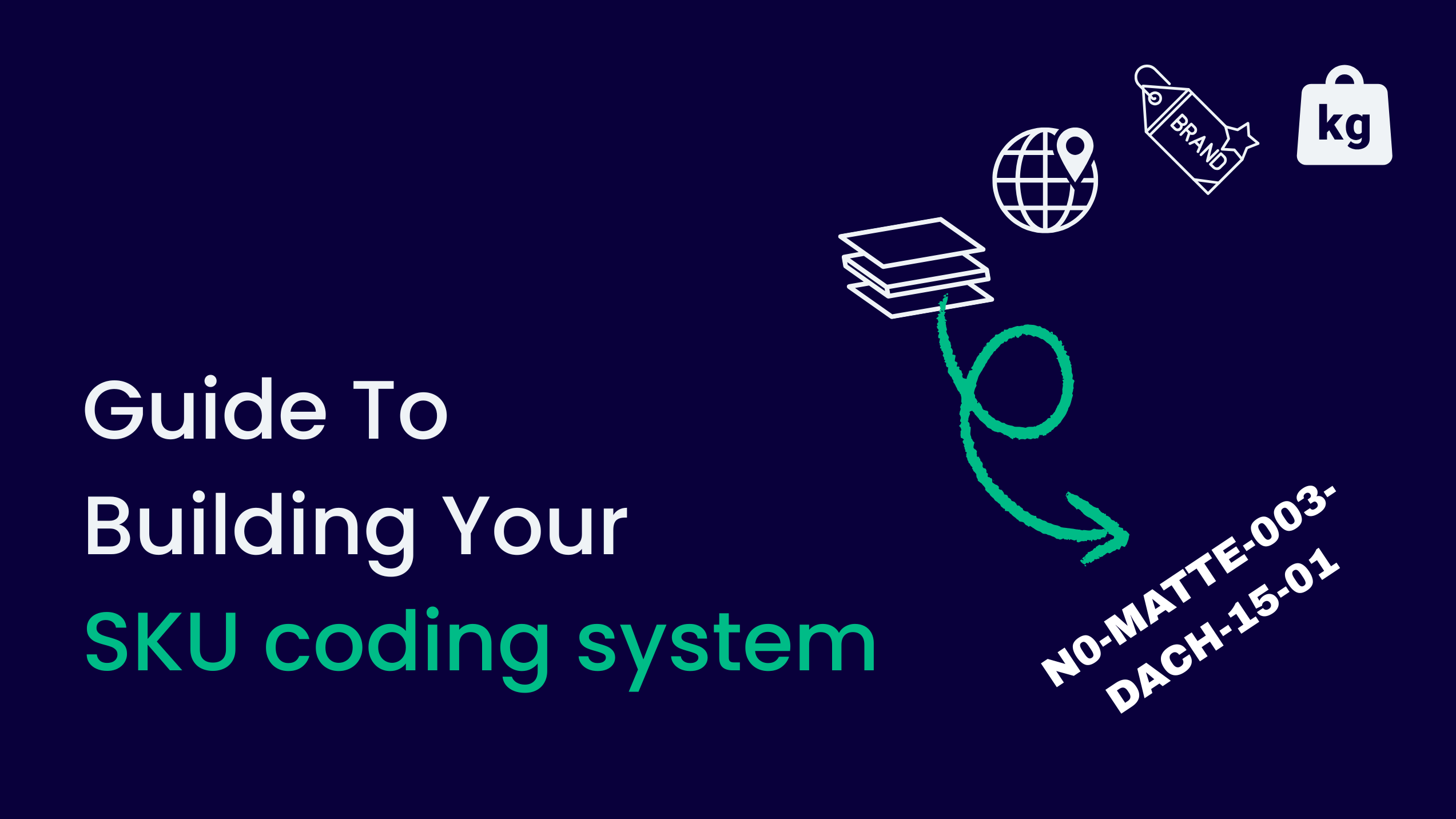Self-implementation or cooperation with PIM agency?

When it comes to managing product information effectively, businesses often face a critical decision: should they implement a Product Information Management (PIM) system on their own, or should they partner with a PIM agency? This decision can significantly impact the efficiency of your product data management and your overall digital strategy. In this article, we'll delve into the pros and cons of each approach to help you decide which is best suited for your business needs.
The Case for Self-Implementation
Flexibility and Control
When you choose to implement a PIM system like Ergonode on your own, you gain full control over every aspect of your PIM strategy. This allows for customization and flexibility that aligns perfectly with your specific business processes and needs. However, this approach requires a significant investment in both time and resources. You'll need skilled IT professionals who understand not only how to set up the system but also how to integrate it seamlessly with your existing infrastructure.
Cost Considerations
Initially, self-implementation might seem costlier due to the upfront investment in technology and manpower. However, over time, these costs can be amortized, potentially leading to savings compared to ongoing agency fees. It's essential to conduct a thorough cost-benefit analysis to understand the long-term financial implications of this choice.
Scalability Challenges
While you have more control, scalability can be a challenge. As your business grows, your PIM system will need to handle more products and more complex data. Ensuring your team can manage and scale the system effectively is crucial to avoid bottlenecks.
The Benefits of Partnering with a PIM Agency
Expertise and EfficiencyPIM agencies bring expertise and experience that can significantly shorten the learning curve and implementation time. They have the knowledge to tackle challenges that might take your team longer to resolve, ensuring a smoother and more efficient setup process.
Support and Maintenance
With a PIM agency, you get ongoing support and maintenance, which can be invaluable, especially if you encounter issues or need upgrades. Agencies like Ergonode offer dedicated support to ensure your PIM system operates optimally without placing extra burden on your in-house team.
Access to Advanced Features
Agencies often provide access to more advanced features and customizations that might not be readily available or known to your in-house team. These features can enhance your PIM system’s capabilities, allowing for better data management and distribution across multiple channels.
Risk Management
Outsourcing to a PIM agency can also help manage risks associated with software implementation and maintenance. Agencies are better equipped to handle unexpected issues and ensure compliance with the latest industry standards and best practices.
Ultimately, the choice between self-implementation and working with a PIM agency should be guided by your specific business needs, resources, and long-term goals. If your organization has the capacity and expertise to manage a PIM system in-house, self-implementation might be the right path. However, if you require specialized knowledge, faster setup, and ongoing support, partnering with a PIM agency might be more beneficial.
As you navigate this decision, consider leveraging tools like Ergonode’s product management features to enhance your understanding and readiness for either option.
Integrating PIM into Your Business Strategy
Enhancing Efficiency and Accuracy
The integration of a PIM system, whether through self-implementation or with the aid of a PIM agency, plays a pivotal role in enhancing the efficiency and accuracy of your product data management. A well-implemented PIM system can automate the aggregation, organization, and distribution of product information across various sales channels, significantly reducing the chances of errors and inconsistencies that can affect customer experience and sales performance.
Data CentralizationA major advantage of employing a PIM system is the centralization of product information. This centralization makes it easier for teams across your organization to access up-to-date, consistent product data, thereby enhancing collaboration and productivity. Moreover, it simplifies the process of updating product information, ensuring that changes are reflected across all platforms and sales channels instantaneously.
Multi-Channel DistributionWith the rise of omnichannel retailing, having a PIM system that efficiently manages product data across multiple platforms is crucial. Whether you opt for self-implementation or collaboration with a PIM agency, your PIM system should enable seamless distribution of product information to e-commerce websites, mobile apps, and physical retail stores, ensuring a consistent brand experience for customers.
Strategic Advantages of PIM Integration
Market ResponsivenessIntegrating a PIM system enhances your market responsiveness. It enables quick updates to product information in response to market changes, such as price adjustments, product enhancements, and seasonal promotions, helping you stay competitive.
Enhanced Customer ExperienceBy ensuring accurate and comprehensive product information, a PIM system helps in delivering a better customer experience. Detailed product descriptions, specifications, images, and prices help customers make informed purchasing decisions, thus reducing return rates and increasing customer satisfaction.
Compliance and GovernanceFor businesses in regulated industries, a PIM system helps ensure compliance with industry standards and regulations regarding product information. This is crucial for avoiding legal issues and maintaining a good brand reputation.
Conclusion
The decision between self-implementation and hiring a PIM agency involves multiple factors including expertise, cost, control, and strategic business alignment. By carefully assessing your business needs, resources, and future growth plans, you can make an informed decision that best suits your operational goals and budget.
Remember, whether you choose to go it alone or partner with an agency, the ultimate goal is to streamline your product information management to support your business strategy and enhance your competitive edge in the market.
Leverage Ergonode's advanced PIM solutions to gain a deeper understanding of how a robust PIM system can transform your business operations.






